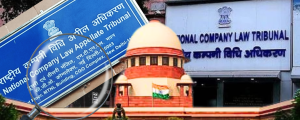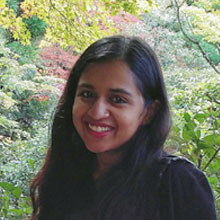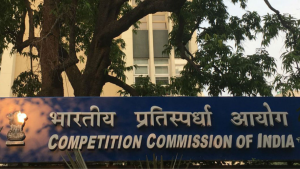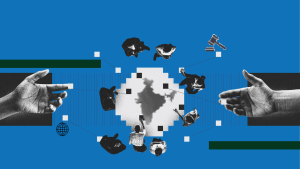

A Recap of the Release of the State of the Indian Judiciary Report
The Release of the State of the Indian Judiciary Report took place in India International Centre, New Delhi, on 11 August 2016. The event was organised by DAKSH in collaboration with Eastern Book Company (EBC).
The State of the Indian Judiciary: A Report by DAKSH is a data-driven report which provides new perspectives on the role and performance of the judicial system in India. The Report critically examines concerns that are key to the functioning of the judiciary today, including accountability, administration, and access to justice. This Report explores these concerns in depth, through both a qualitative and a quantitative lens.
This Report is divided into four main sections. It begins with an introduction to DAKSH’s Rule of Law Project and highlights its work on the collation and analysis of judicial data. This is followed by an analysis of the state of judicial administration today. The third section contains insightful perspectives of three key players in the judicial system. The fourth section presents the findings from DAKSH’s first-of-its-kind Access to Justice Survey, as well as exploring the institutional notion of access to justice.
To start off the programme, Sumeet Malik, Director, Eastern Book Company, welcomed the gathering and called on Harish Narasappa, Founder of DAKSH to introduce the Report. Mr. Narasappa explained the idea behind producing this Report and gave a brief summary of the contents.
After the formal release of the Report, a panel discussion on ‘the State of the Indian Judiciary was conducted. The Panel comprised of Hon’ble Justice (Retd.) Mukul Mudgal, Former Chief Justice, High Court of Punjab and Haryana, Indira Jaising, Senior Advocate, Supreme Court of India, Arvind Datar, Senior Advocate, High Court of Madras, and Dr. G. Mohan Gopal, Chairperson, National Court Management Systems.
In addition to answering questions posed to them by Mr. Narasappa, the speakers addressed a wide range of issues that the Indian judiciary faces today. Justice Mukul Mudgal, who opened the discussion spoke strongly on the transparency that the courts allow today. He asked the questions of why we aren’t throwing our courts open and allowing people to see what is happening inside our courts. Arvind Datar recommended using a management approach to deal with judicial administration, and to illustrate this point shared his personal experiences with the practice of kaizen, a Japanese productivity philosophy that helps in constant and continuous improvement. He suggested a kaizen-like technique be implemented to increase court efficiency. This would mean starting off by making small changes, whose effectiveness would compound over time and ultimately lead to a huge shift. Indira Jaising, who spoke next, moved the conversation to the subject of appointments. She vociferously voiced the opinion that the Indian judiciary needs ‘no more of the same’, and spoke of the import of representation of various sections of the society in the judiciary. She also discussed the need to focus on fixing the judiciary itself and not suggesting alternatives such as fast-track courts and Lok Adalats. The final point made by Mrs. Jaising was on the matter of court time, where she raised the question as to who is using the court’s precious time, and pointed out that there must be a shift in the priority of hearings from corporates to the marginalised sections of society. Dr. Mohan Gopal, agreed that delay in the judiciary is a serious problem, but felt an even more worrisome issue was the dichotomy of the judicial system. He addressed the situation that has evolved – separate judicial systems for the rich and the poor. Dr. Gopal’s view was only when the judicial system is accessible to the poor, can it be considered to work efficaciously.
The panel discussion was followed by comments from a few of the authors of the Report and a question and answer session with the audience. Sumeet Malik ended the event with the vote of thanks.
The Report is available for download and purchase through DAKSH’s website, and the Eastern Book Company webstore.
The views expressed in this article are solely those of the author’s and they do not represent the views of DAKSH.

Ramya Tirumalai
RECENT ARTICLES


Testing the Waters: Pre-Implementation Evaluation of the 2024 CCI Combination Regulations

Not Quite Rocket Science

Administration of justice needs an Aspirational Gatishakti

-
Rule of Law ProjectRule of Law Project
-
Access to Justice SurveyAccess to Justice Survey
-
BlogBlog
-
Contact UsContact Us
-
Statistics and ReportsStatistics and Reports
© 2021 DAKSH India. All rights reserved
Powered by Oy Media Solutions
Designed by GGWP Design